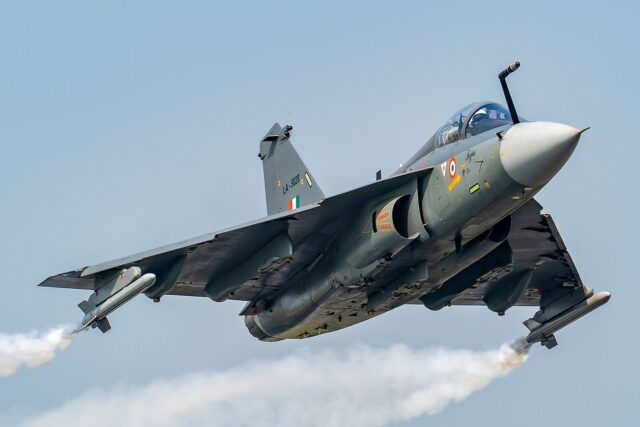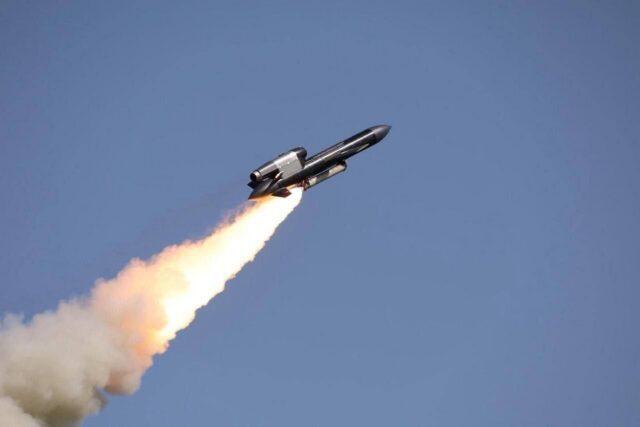Massive early uptake: 18 EU countries rush to claim nearly entire €150bn SAFE defence loan pot

July 31, 2025

In a powerful show of demand for Europe’s new defence financing tool, 18 EU Member States have applied for nearly €127 billion ($150 billion) in loans under the Security Action for Europe (SAFE) instrument, just days after the European Union opened the €150 billion ($166 billion) fund for applications.
Countries including France, Italy, Poland, Romania, Czechia, and Greece have signalled their intention to borrow from the fund, which offers competitively priced, long-term loans backed by the EU budget.
Germany and Sweden are reportedly participating in joint procurement projects without drawing on loans, while Austria, Finland, and others are still weighing their options.

With today (31 July) marking the deadline for initial expressions of interest, the European Commission says demand is “strong.” Formal loan applications must be submitted by 30 November 2025, with Member States required to outline procurement plans, partner involvement, and delivery timelines.
Loans for defence under ReArm Europe
SAFE marks the first operational pillar of the broader ReArm Europe / Readiness 2030 strategy, which aims to mobilise up to €800 billion in defence investments across the EU over the coming years.
The instrument was formally adopted by the Council in May 2025, but today’s wave of applications underscores the pace at which Member States are now moving to rearm and reindustrialise.

At its core, SAFE is a demand-driven facility designed to strengthen European defence through joint procurement. To access funding, countries must submit Defence Investment Plans. Up to 15% of the loan value can be provided as pre-financing for urgent projects, with final disbursements available until the end of 2030.
The loans, available for up to 45 years with a 10-year grace period, are expected to be significantly cheaper than national borrowing thanks to the EU’s AAA credit rating.
SAFE defence loans support 7 investment categories
SAFE supports joint investment in seven capability categories aligned with both EU and NATO planning:
- Missiles and ammunition
- Artillery systems, including precision strike
- Air and missile defence
- Drones and anti-drone systems
- Cyber, AI, and electronic warfare
- Military mobility and infrastructure protection
- Strategic enablers such as in-flight refuelling, space assets, C4ISTAR systems, and strategic airlift
While multilateral procurement is encouraged, a transitional clause permits single-country procurements where contracts are open to other EU or eligible countries, ensuring flexibility while preserving the spirit of cooperation.
SAFE loans include a “Buy European” push
SAFE is also designed to bolster the European Defence Technological and Industrial Base (EDTIB). To qualify for funding, at least 65% of a system’s value must originate within the EU, EEA-EFTA countries, or Ukraine.
The inclusion of Ukraine as a full participant in procurement from the outset is a strategic step. With the nation at the centre of the most significant conflict on European soil in decades, its survival and military resilience are now directly tied to EU security.

“The inclusion of Ukraine is more than symbolic,” says the European Commission. “It reflects a shared defence future grounded in strategic autonomy, industrial resilience, and geopolitical realism.”
While only EU Member States may take out loans, countries that have signed Security and Defence Partnerships with the EU, such as the United Kingdom, Canada, Japan, Norway, and South Korea, may also join procurement projects.
SAFE defence loans are a cornerstone of ReArm Europe
SAFE forms just one element of the EU’s wider Readiness 2030 framework. The plan also proposes:
- Greater flexibility in national budgets via activation of the Stability and Growth Pact’s escape clause
- New defence-focused lending tools via the European Investment Bank
- A repurposing of EU cohesion funds to support defence production and infrastructure
- A stronger pan-European Savings and Investment Union to unlock private capital
Together, these measures are intended to equip the EU with the financial, legal, and industrial tools needed to respond to mounting security threats across Europe and its neighbourhood.
















